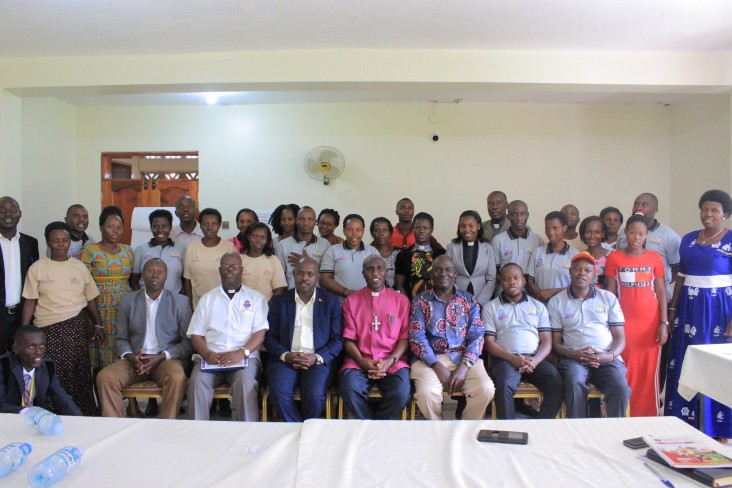Speeches Shim

Faith-based Communities Promoting Family-planning in Uganda
In Uganda, religion has a role in all aspects of people’s lives. More than 84 percent of the population is Christian; the remaining 14 percent identify as Muslim. Ugandan faith leaders are highly respected and trusted by their congregations and communities and are well-posed to change harmful attitudes and social norms. In a country with a birthrate of close to 5.6 births per woman, one of the highest in the world, these leaders are often key to raising awareness of and advocating for family planning.
“Family planning is good. Though God told us to give birth and fill the world, it is good to plan,” said Reverend Canon W. N. Kabanda from St. Stephens Archdioceses in Church of Uganda. “You need to have a family within your means. So, we support family planning as a church.”
Ugandan faith communities are also highly involved in health care delivery. More than 75 percent of private non-profit health care facilities are managed under four faith-based umbrella organizations.
The U.S. Agency for International Development (USAID) through its Advancing Partners and Communities (APC) project has worked to ensure that Ugandans have access to high-quality, voluntary family planning services. The project, which ended in July 2019, helped to improve religious leaders’ ability to provide family planning information to their congregations and communities, particularly the youth, while equipping faith-based health facilities with family planning products and services. Through the program, it became clear that the coordination and involvement of faith networks and organizations can significantly help increase awareness and adoption of family planning.
As a result of the project, 119 faith leaders were trained to work with their communities to change attitudes towards family planning and the use of modern contraceptives and 222 people were trained on the Christian Life Education Curriculum to educate youth about reproductive health and HIV. In addition, everyone who attended family-planning sensitization meetings under the program expressed a strong commitment to voluntary family planning and are now advocating for planned families at home and in Ugandan communities.

Comment
Make a general inquiry or suggest an improvement.